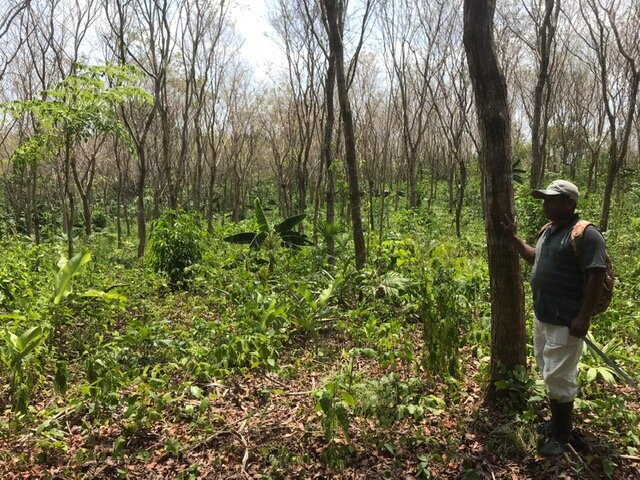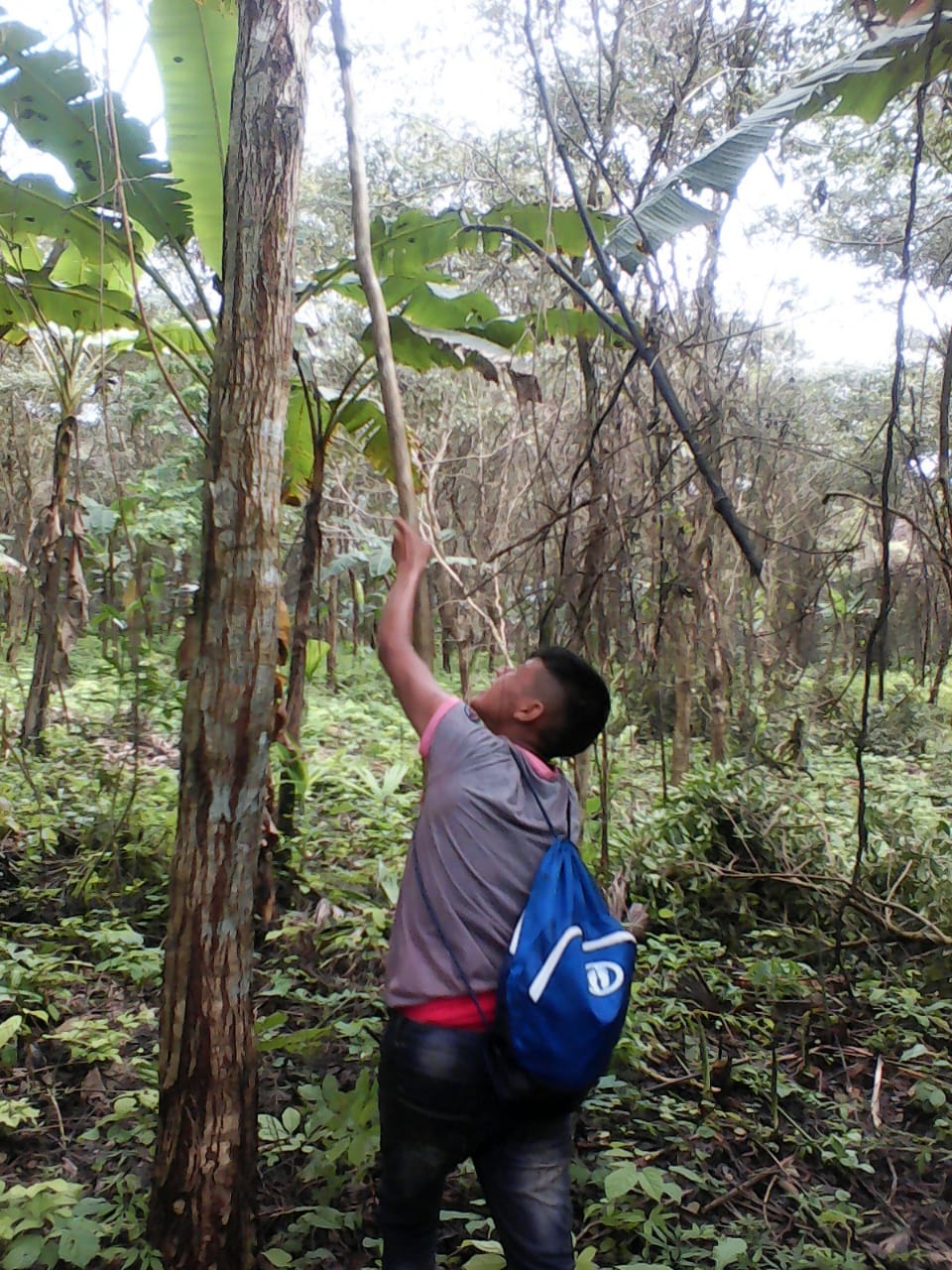UN-REDD in Panama update
/At the UN-REDD meeting recently held in Da Lat, Vietnam, Felix Magallon from the Ministry of Environment (ANAM) represented Panama. The meeting included an update on Panama's national program for reducing emissions from deforestation and degradation (REDD+).
Over $2MM was sent to the UN programs (FAO, UNDP, and UNEP) in charge of executing the REDD+ national planning and readiness process at the end of 2010. ANAM's point of contact with the UN agencies was released from his duties in December of last year, and now it seems that the new ANAM administrator is just starting to implement the work plan from 2010.
An interesting aspect of the UN-REDD program is that the governments, or in this case ANAM, don't actually receive the money from the UN. The various UN agencies hire the project managers, consultants, and organizations to execute the work.
At the Da Lat meeting, Mr. Magallon mentioned the importance of consulting Indigenous Peoples in the REDD+ policy development process. The Indigenous Peoples representatives at the meeting were pleased to hear a government representative support such progressive thinking and processes.
The Equitable Forestry model includes programs that Indigenous communities could implement with REDD+ funds. Our stance has always been that Indigenous Peoples (and other rainforest-dependent peoples) need alternative income-generating activities if they are to be able to conserve and protect their forests. A national REDD+ policy developed through UN-REDD financing could be an important step towards this goal.
Planting Empowerment is not directly involved in the UN-REDD program or REDD+, but we follow REDD+ because of its potential to help indigenous peoples protect their lands and forests. If the Panamanian government makes the necessary changes to give Indigenous Peoples (such as our partners in Arimae) the rights to their natural resources, including the CO2 in their trees, REDD+ could be a viable approach.
We hope that Panama's ANAM will soon begin the REDD+ planning process so we can assess its potential for communities like Arimae.
Read more about UN-REDD's Sixth Policy Board meeting.



